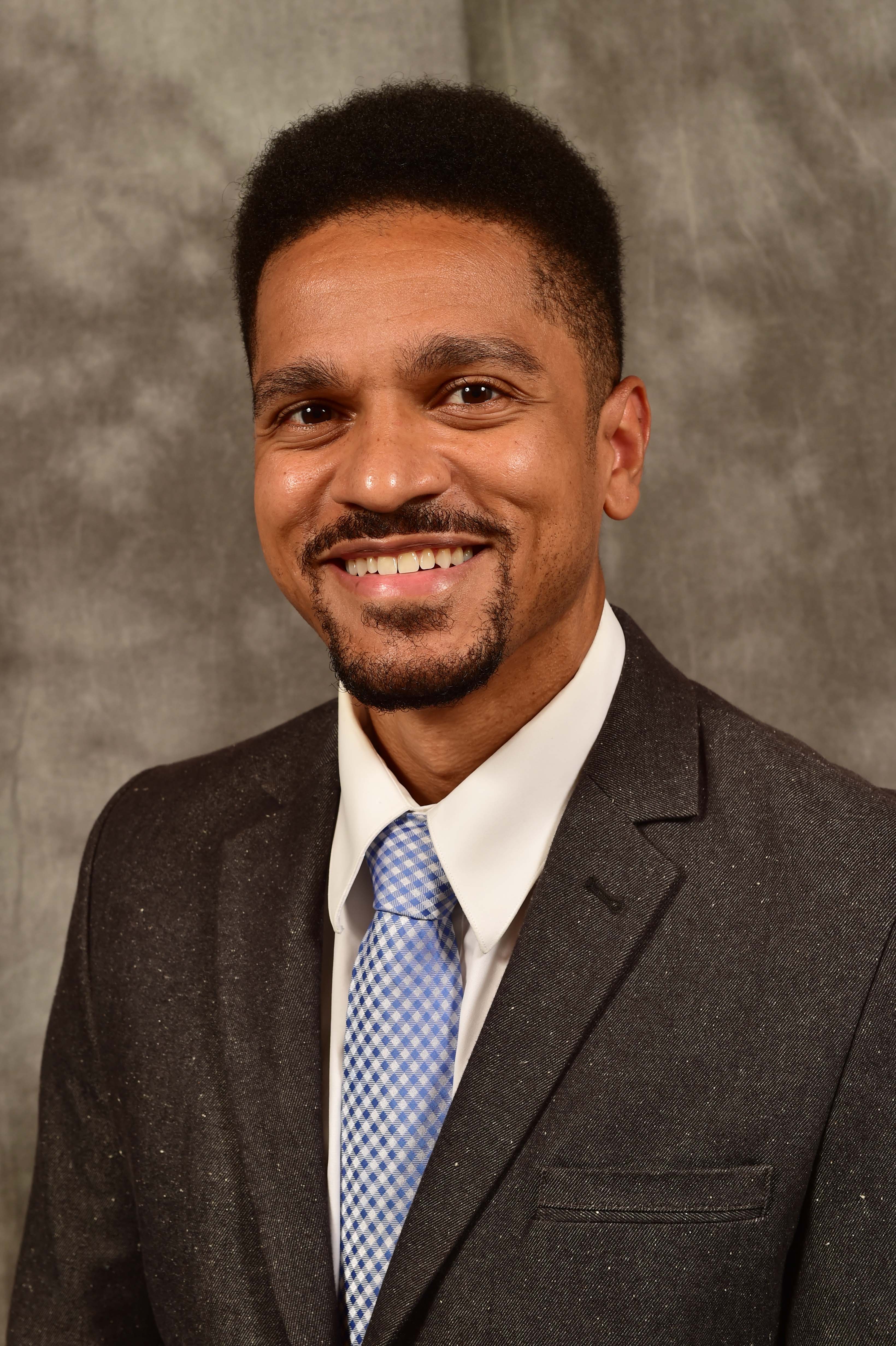
Global Health Track

Pediatric Residency Investigative Scholar at Emory (PRISE) Track
PRISE develops high caliber pediatric physician scientists with the potential for long-term impact on child health. Residents apply to the PRISE track in their first year of residency. Those accepted into the PRISE track include both MDs and MD/PhDs with strong interests in academic medicine. Graduates of the PRISE track have strong professional identities as pediatrician physician scientists and are competitive for career development awards (e.g. NICHD-funded K12 program, K08, K23, K99/R00). The track emphasizes creating a tailored, flexible, and supportive environment for each resident to conduct their highest caliber research while learning to provide excellent clinical care.
Key elements of the PRISE track include:
- Concierge mentor matching for both a research mentor and a career mentor
- Social event with research champions from each subspecialty division
- Access to a repository of research projects conducted by previous trainees (in progress)
- List of Pediatric Research Champions and Areas of Interest
- Individual development plan including strategic research electives, project timeline, scholarly product submission
- Monthly research career development seminar covering the following topics:
- Grant preparation, specifically for the Buchter Resident Research Award
- How to write a conference abstract, case report, and manuscript
- Communication skills: presenting research and social media
- Human subjects research and IRB protocols
- Mentor/mentee relationships
- Work/life balance and time management
PRISE+ Track: Physician Scientist Training Program (PSTP)
The PRISE+ Physician Scientist Training Program (PSTP) is comprised of an American Board of Pediatrics-approved R38 Pathway, Integrated Research Pathway (IRP), or Accelerated Research Pathway (ARP). Typically, PRISE residents with strong research backgrounds, and commitment to physician scientist careers, apply to one of the PRISE+ PSTP pathways. Residents interested in PRISE+ PSTP pathways must first be accepted into the general PRISE track.
- R38 Emory PP-StARR Pathway - This NHLBI-funded pathway ensures residents have between 12-18 months of 80% protected research time over a 4-year pediatric residency. R38 residents also receive $40,000 in research funds over the course of their program.
- Integrated Research Pathway (IRP) - This PSTP pathway enables residents to have up to 11 research rotations (equal to 11 months) over the course of their 3-year pediatric residency. IRP residents follow up their 3 year residency with a fellowship, with a designated slot at Emory. Residents also have access to an additional $2500 to support research in addition to funds available through the Residency Program.
- Accelerated Research Pathway (ARP) - This PSTP pathway requires that the first two years of residency consist only of clinical training and no research activities. This enable the resident to move more quickly onto a fellowship with dedicated research time. The pathway is 6 years total: clinical-only residency for years 1-2, clinically-focused fellowship for year 3, and research fellowship for years 4-6. ARP residents have a designated fellowship slot at Emory. Residents also have access to an additional $2500 to support research in addition to funds available through the Residency Program.
Learn more information about the PRISE+ track here.

Resident Research Projects
All residents have the opportunity to participate in research projects within both the Children’s Healthcare of Atlanta and Emory University communities. Residents with exceptional projects are selected to present at Resident Research Day which occurs annually in the spring, with the winner receiving a monetary prize. Emory Department of Pediatrics has intramural grant funding available for residents. The Buchter Resident Research Award was created in 2017 to encourage pediatric trainees to engage in high quality research, provide a mechanism to fund trainee projects, and enhance the research environment at Children's Healthcare of Atlanta. Funds may be used for any type of child health-related research, including basic, clinical, translational, and outcomes research. Typical applicants are second- and third-year residents, but any pediatric resident may apply.
Emory Residency Tracks
Emory University School of Medicine Office of Graduate of Medical Education offers residency tracks. These are open to all residency programs at Emory University. These experiences will complement and not replace any aspect of residency training. Tracks include:
- Ethics (12-month track)
- GLOBE (24 month+ track)
- Healthcare Management (24-month track)
- Health Equity, Advocacy, & Policy (HEAP) (24-month track)
- Medical Education (18-month track)
- Medical Innovation (24-month track)
- Quality Improvement & Patient Safety (24-month track)
- Simulation (12-month track)
Upon completion of a track, residents will be awarded a Certificate of Distinction from Emory University School of Medicine.
View additional information about the residency tracks.
Combined Program in Pediatrics and Child Neurology
Emory University and Children's Healthcare of Atlanta offer a five-year pediatric neurology residency program. This program is separate from the pediatric residency training program but the first two years are dedicated to learning general pediatrics and are spent as a resident in our training program.
Learn more on the Children's Healthcare of Atlanta website
Combined Program in Pediatrics and Medical Genetics and Genomics
This is a four-year program for highly qualified students. Upon completion, residents will be eligible to take board certification exams offered by both the American Board of Pediatrics and the American Board of Genetics and Genomics. Pediatrics training is spread throughout the four years.
Learn more about this program here.
Pediatric Equity, Advocacy, Community Health, Environmental and Social Justice (PEACHES) Track
VISION
Emory Pediatrics is a leader in developing pediatricians who are ready to advance health equity, social justice, and environmental justice for the children in Metro Atlanta, Georgia, the US, and Globally. Participants in the PEACHES Track will achieve competency in core topics and possess the skills to become knowledgeable and effective advocates for children and families.
MISSION
To prepare health equity track residents to advance health equity, social and environmental justice through didactic education, experiences in community, long term scholarly projects, mentorship, and advocacy skill-building.
VALUES
- Evidence-based interventions
- Community-led initiatives
- Cultural humility/responsiveness
- Community service
- Foundational understanding of social determinants/drivers of health
- Employing a 2-generation approach to caring for children
- Integrating environmental health and justice as a significant threat to children
- Developing future leaders in Health Equity, and Social and Environmental Justice
GOALS and OBJECTIVES
- Develop and use advocacy skills that will enable them to become lifelong pediatrician-advocates and leaders in their communities
- Build knowledge in how the healthcare system works, how public health systems work, how advocacy organizations work, how the education system works, how the justice system works
- Understand the impact of communities on creating effective health systems through community partnerships
- Cultivate leadership in healthcare to become leaders who work to advance health equity and justice in their communities
- Demonstrate principles of health equity, social and environmental justice in their work and disseminate these principles for their colleagues
24 month Curriculum
Residents are invited to apply during spring of intern year with a start date at the beginning of 2nd year. The track meets quarterly for a combination of didactics, workshops, and field trips.
Additional Track Details and Activities:
Health Equity – Participants will hone their understanding of Social Determinants of Health through track didactics and activities. They will each present a case at Health Equity Rounds (H.E.R), which are presented at Resident Morning Report. H.E.R serve to highlight and reflect on cases where bias, structural, or systemic barriers might have negatively impacted patient care.
Longitudinal mentored project – using individualized curriculum or Community rotation time, all track participants will complete a longitudinal project related to one of the track objectives/values.
Communication Skills - Media training will be incorporated into track didactics, including support in drafting Op-Eds, resolution writing, blogging, and media interviews.
Annual Advocacy Week - track participants will help plan and execute this annual event to highlight individual projects, current legislation and issues important to children in Georgia, and opportunities for others in the residency program to get involved in advocacy.
AAP Advocacy Conference – participants are encouraged to attend the annual conference in Washington DC to experience advocacy at the national level.









